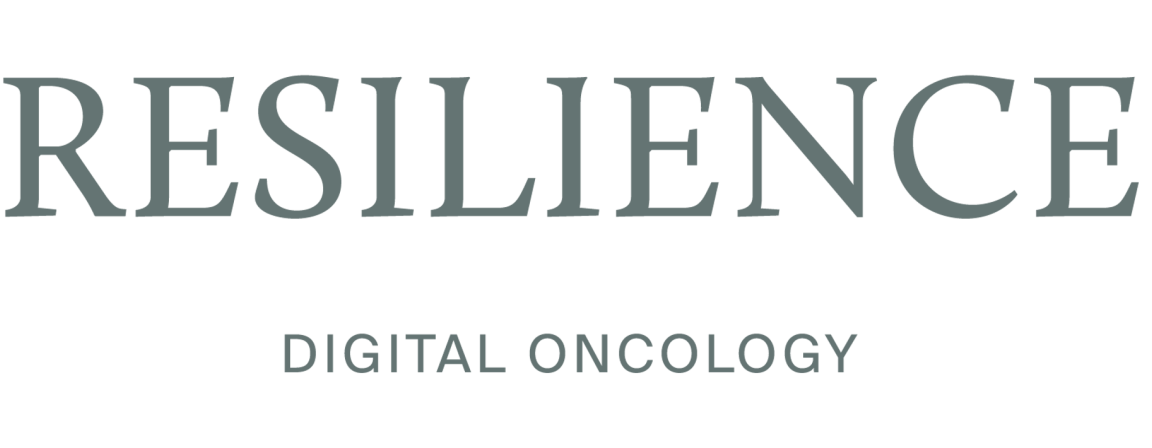Remote monitoring, a tool to improve the follow-up of cancer patients
For nearly six months now a number of nursing teams at the Jules Bordet Institute and their patients have been using a new remote monitoring system for a better follow-up of symptoms and side effects: Resilience. The aim of implementing this digital solution is to strengthen the link between healthcare professionals and patients while improving the quality of life and global survival of patients. Yet another step in improving patient care at the Jules Bordet Institute, a reference centre in the fight against cancer and a part of the Brussels University Hospital together with the Erasmus Hospital and the Children's Hospital.

Resilience, a remote monitoring solution for cancer patients
When following an orally administered cancer treatment, patients often face unpleasant side effects that have a direct impact on their quality of life. These side effects sometimes cause them to reduce or even discontinue their treatment. In the face of this problem, Resilience, a French start-up, has developed an innovative solution of the same name for patients and nurses. The positive impact of remote monitoring on patients following cancer treatment has been proven by studies including the CAPRI[1] study, showing in particular a 9.6% reduction in toxicities and of 1.62 hospitalisation days per patient per year among patients being treated with anticancer agents when they benefit from a remote monitoring programme. An improvement in their quality of life and global survival has also been established.
A tool to better understand and monitor symptoms
Specifically, the Resilience solution consists of a mobile application for patients and a remote monitoring tool for nurses. On one hand, every week the patient fills out a form evaluating side effects, via the application, smartphone or the Internet. On the other hand, the nursing teams have access, through their monitoring interface, to the completed questionnaire and previous evaluations. This enables them to monitor the evolution of symptoms and to be alerted immediately if they give cause for concern. This permits an early response to side effects without having to wait for the next medical consultation, as Ms Anne Marie V., a patient at the Institute and user of the Resilience application, explains: "One day, after having filled out the form, I was contacted by my nurse. She asked me for more details of my symptoms and decided to prescribe physiotherapy sessions to help me manage my discomfort. It is very reassuring to have such a close follow-up," Patients also have access to a library of articles, videos and podcasts developed by some 30 specialists as well as support programmes to help them understand and relieve pain. A better understanding of symptoms and of side effects ensures a better follow-up and thus a reduced risk of relapse and better quality of life.
A tool to maintain the link with his patients
Launched at the Institute at the initiative of Doctor Polastro, oncologist at the Jules Bordet Institute, the platform is integrated in the tools already used by the doctors and nurses. The data collected can also be included in the patient's medical records, thereby allowing all the results to be effectively taken into account. Another benefit of this digital solution is that it makes it possible to maintain a link between the patient and the hospital at all times, thereby guaranteeing closer follow-up. This is why, at present, the application is only proposed to patients beginning their cancer treatment with orally administered agents as this kind of treatment is autonomous and does not require the patient to come to the hospital. In such situations the link between the patient and nursing teams can become weak. As Nathalie Leclercq, coordination and cancer care nurse, explains: "This solution does not replace medical monitoring through consultations but it is an additional means of remaining in contact with patients." At present more than 100 patients have already joined the Resilience programme since it was launched at the hospital.
With this new technique, the Jules Bordet Institute, integrated reference centre in the fight against cancer and part of the Brussels University Hospital, is pursuing its mission to offer patients the latest innovations in patient care, making it possible to improve their follow-up and quality of life.
[1] https://www.gustaveroussy.fr/fr/asco-2020-le-dispositif-capri-prouve-son-efficacite-clinique-pour-le-tele-suivi-personnalise-des